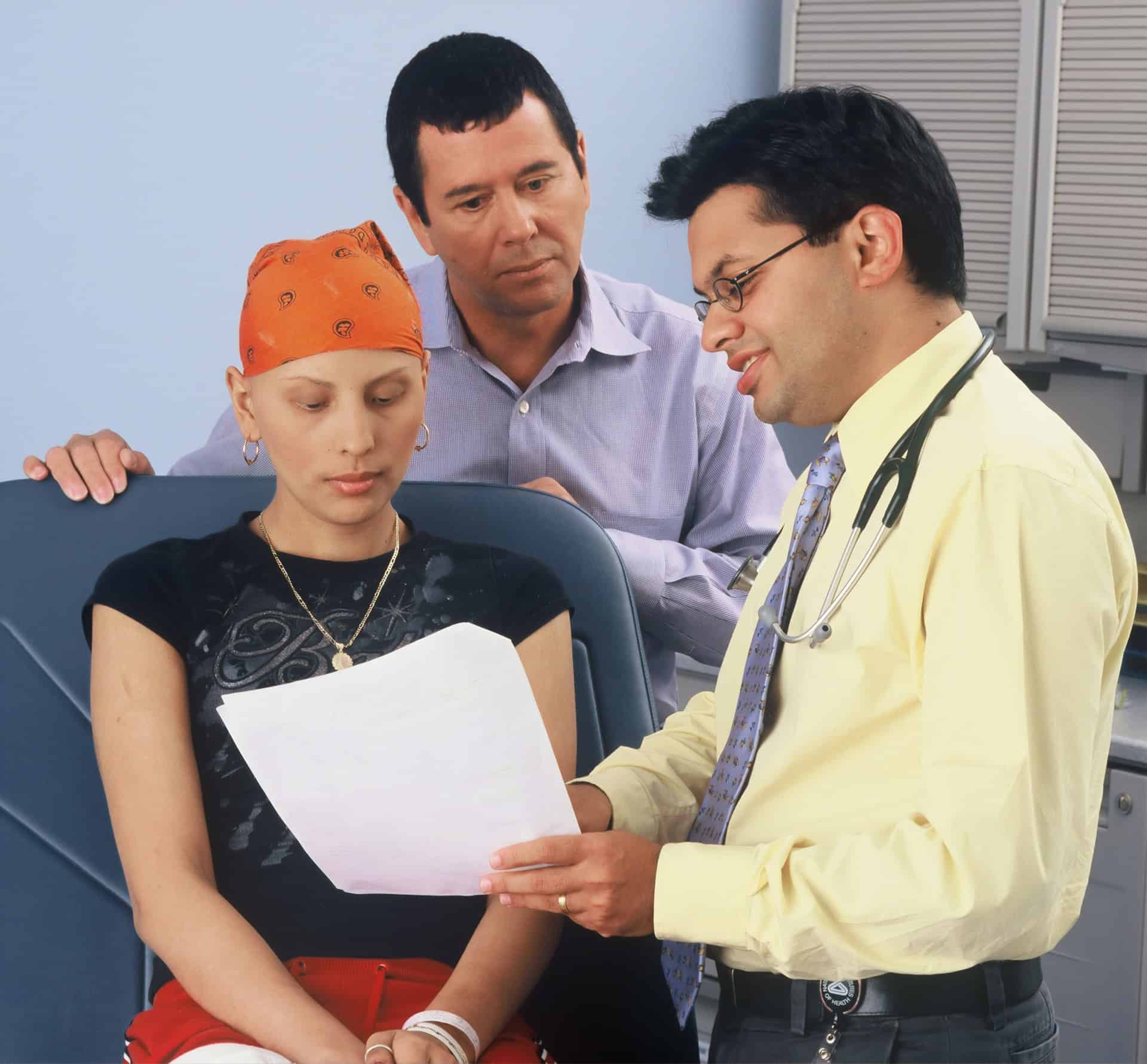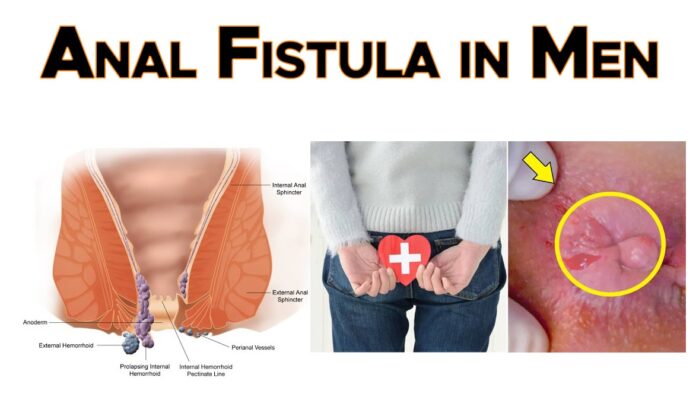Each year, between 50,000 to 1,00,000 people, including both men and women are affected by fistula. According to a report published in the National Center for Biotechnology Information (NCBI), the United NAtions Population Fund (UNFPA) indicated an overall fistula prevalence of 2.2 percent (range 0.3-7.6 percent) in India based on four community surveys carried out during 1989-1993 (UNFPA, 2003).
What is Anal Fistula?
An anal fistula is a tunnel that forms inside the anus and spreads to the skin around it. Anal fistula is often followed with an infection that does not easily heal with medications alone. There are various ways to repair a fistula, but a surgery is considered to be the most effective one for permanent results.
Most common causes of anal fistula:
- Abscess – The most common cause of anal fistula in men is an anal abscess. It can also be caused due to health conditions that affect the intestines. An anal abscess is a cavity that gets infected and filled with pus near the anus or the rectum. More than 90% of the abscesses result from an acute infection that forms in the internal glands of the anus. When fecal deposits, bacteria, and other fecqal matters get clogged in the anal gland and the tissues around the anus, it forms into an abscess. It is not confirmed as to what leads to the formation of abscess but many researchers have concluded that it can result due to a sexual transmission, immune deficiencies such as AIDS or HIV. Medically, it hass been estimated that 30-50% of men who have an anal abscess will develop an anal fistula in some or the other time.
Additionally, fistula may occur if the anal abscess bursts before it has been treated. Or, a fistula might also develop if teh anal abscess has not healed completely, or if the pus or the infected fluid clogged in the abscess has not been drained completely.
Other causes of an anal fistula may include:
- Crohn’s disease – Crohn’s disease is a type of inflammatory bowel disease (IBD) which is a major cause of fistula formation. It is a chronic condition, where the mucosal lining of the digestive system gets inflamed. This disease has proven to be the cause of fistula formation in many men till date.
- Sexually transmitted diseases – Sexually transmitted disease like HIV, AIDS or chlamydia attacks and weakens the immune system of a human body. These diseases have the potential to cause fistula in men. People suffering from any of these diseases are susceptible to infections along with formation of abscess or fistula.
- Cancer of the anorectum – Although rare, cancer in the anorectal area is a potential cause of fistula in men. The feces or the fecal materials in a human body gets stored in the rectum. If due to any underlying cause, tumor or cancer forms in the anal linign, it can later turn into a fistula.
- Constipation – Chronic constipation is another cause of fistula. Regular straining while making bowel movements can lead to minute cuts and tears in the tissues surrounding the anus. When fecal materials start depositing in the tissues, it can lead to the formation of a fistula in men.

Symptoms of fistula
The most common symptoms of an abscess are:
- swelling in the anal area
- painful bowel movement
- anorectal pain
- perianal cellulitis accompanied by fever and chills.
Occasionally, a person suffering from fistula can also experience:
- redness in the skin around the anus
- fatigue
- foul smell from the anus
Risk factors of anal fistula
After identifying the causes and symptoms, it is extremely important to identify the risk factors that increase a person’s chances of getting a fistula. SOme of the the risk factors are:
- Diabetes
- SMoking
- Radiation therapy for rectal cancer
- Dermatosis
- Sedentary lifestyle
- Excess intake of spicy food

How does a doctor confirm if you have a fistula?
A proctologist needs to do certain tests to confirm your fistula condition. These tests include:
Proctoscopy – In this process, the proctologists usesa specialised telescope that has an attached fistula probe which helps him to see inside the rectum of the person.
Anal ultrasound – In this process, the doctos uses high frequency sound waves to capture the surface of the anal canal in imaging forms.
MRI and CT scan – These imaging tests are done to see inside the anal canal and lining of the anus. Additionally, these tests can also help the proctologist evaluate the extent of the inflammation of the anal lining.
Best treatment for anal fistula
The condition of anal fistula might often not get treated with medications or home remedies and the patient might need a surgical intervention. The modern laser-assisted technique is considered to be the best and the most effective way to get rid of anal fistula. The benefits of laser surgery include no repeated visits to the hospital and speedy recovery of the patient. The laser treatment is minimally invasive, causes no bleeding and there are no big cuts or incisions involved in the treatment. There are no chances of risks after the surgery if the patient follows the instructions given by the doctor for fast and complete healing.
How to prevent anal fistula?
The excruciating pain of an anal fistula can prevented by following a few simple habits:
– Eating a diet rich in fiber
– Drinking plenty of water and fluids
– Keeping the anal area dry
– Exercising regularly
– Avoiding straining while passing stool


